Optimal Timing for Foundation Repairs
Determining the optimal time for foundation repairs involves considering seasonal conditions, soil moisture levels, and weather patterns. Typically, dry and moderate weather conditions are ideal, as they allow for better assessment and effective repair work without delays caused by rain or extreme cold.
Spring offers mild temperatures and longer daylight hours, making it suitable for foundation repairs. However, increased rainfall can sometimes hinder progress.
Summer provides warm weather and dry conditions, which are favorable for foundation work. It is often the preferred season for major repairs.
Fall can be suitable due to cooler temperatures and less rain, but early frosts may impact certain repair methods.
Winter is generally less ideal due to freezing temperatures and frozen ground, which can complicate excavation and curing processes.
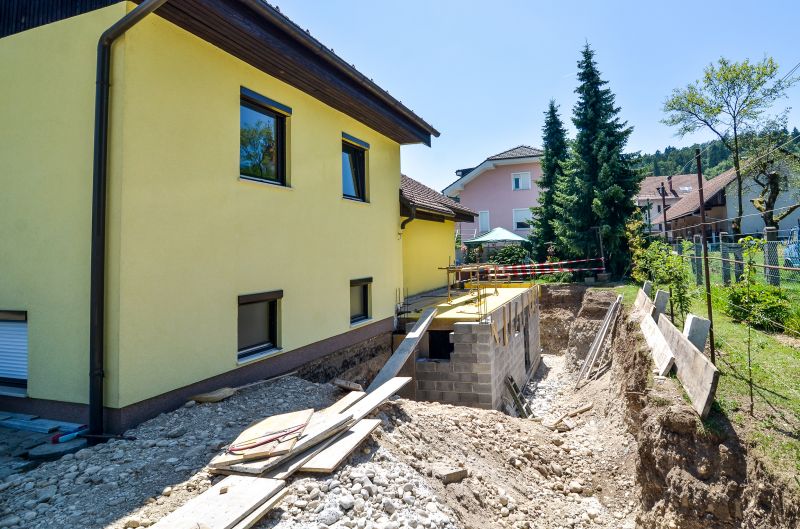
Springtime foundation repairs benefit from moderate temperatures and increased daylight.
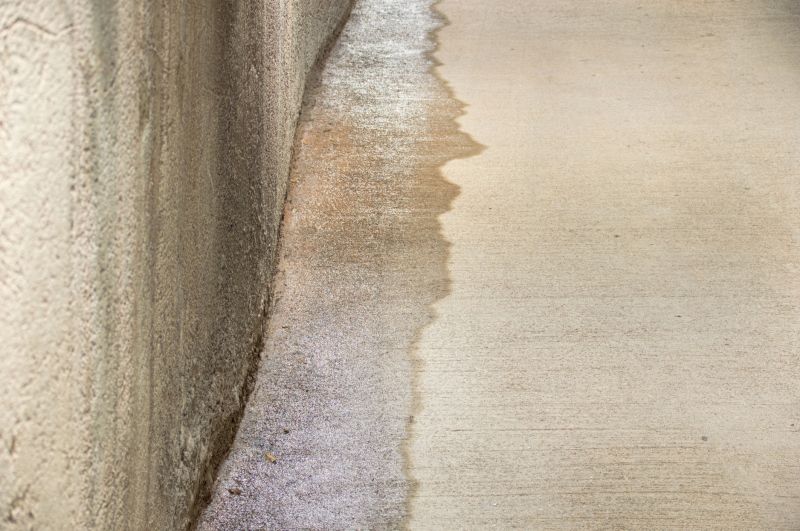
Warm, dry summer conditions facilitate efficient repair processes.
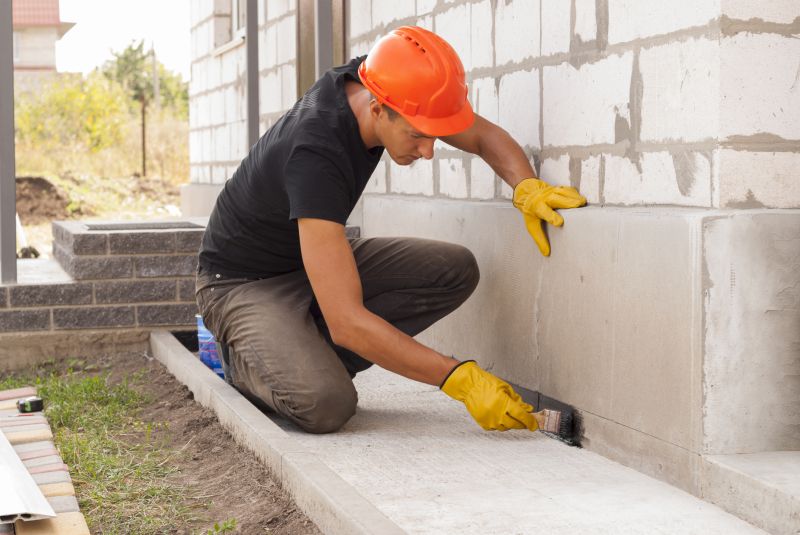
Fall offers cooler weather with less rainfall, ideal for foundation work.
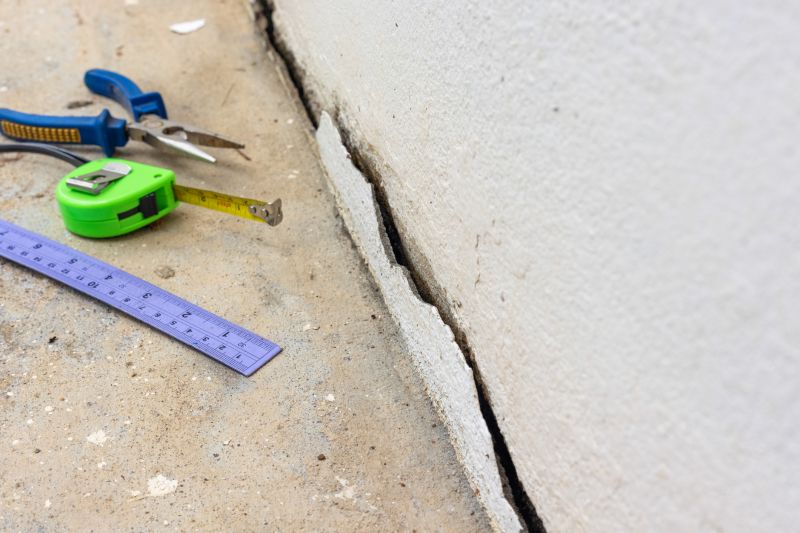
Ways to make Foundation Repairs work in tight or awkward layouts.
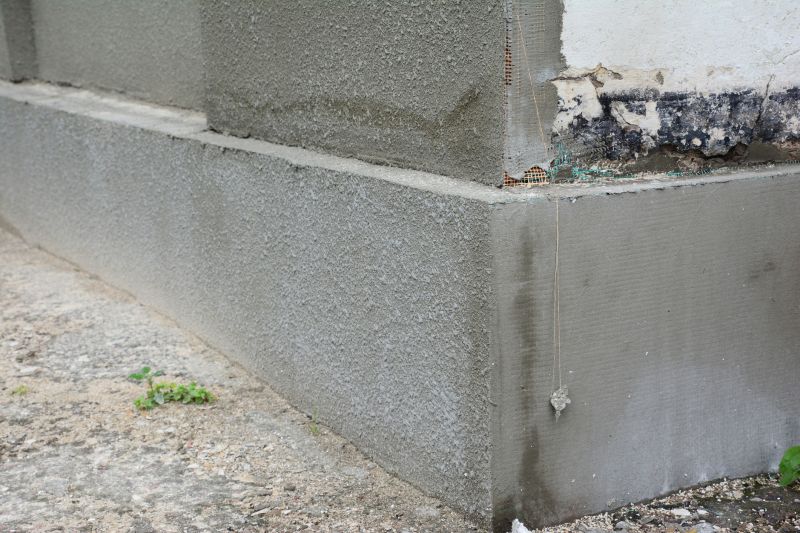
Popular materials for Foundation Repairs and why they hold up over time.
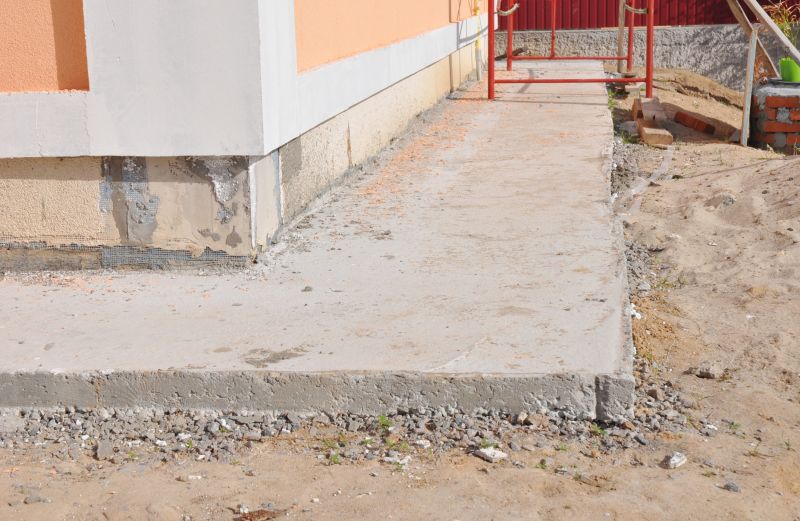
Simple add-ons that improve Foundation Repairs without blowing the budget.
| Season | Ideal Conditions for Repairs |
|---|---|
| Spring | Mild temperatures, longer days, moderate rainfall |
| Summer | Warm, dry weather, extended daylight hours |
| Fall | Cooler temperatures, less rain, early frost considerations |
| Winter | Freezing temperatures, frozen ground, limited repair options |
Foundation repairs are essential for maintaining structural integrity and preventing further damage. They involve stabilizing and leveling the foundation to ensure the safety and durability of the building. Factors such as soil type, weather conditions, and the extent of damage influence the timing and approach of repairs. Proper scheduling can reduce costs and improve the effectiveness of the repair work.

Visual overview of foundation stabilization techniques.
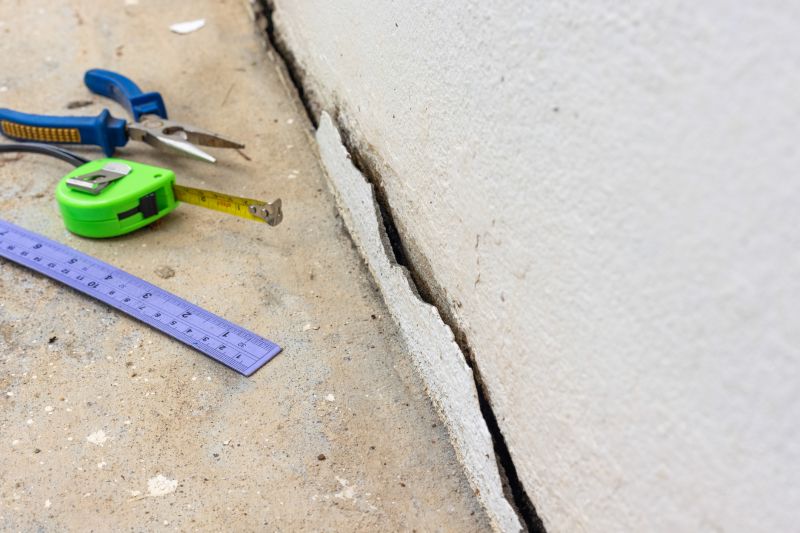
Common signs indicating the need for repairs.
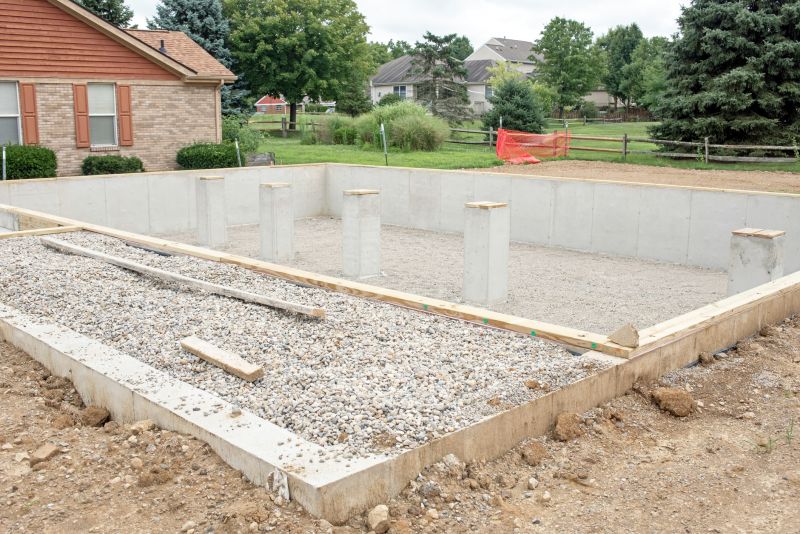
Support methods used to strengthen foundations.
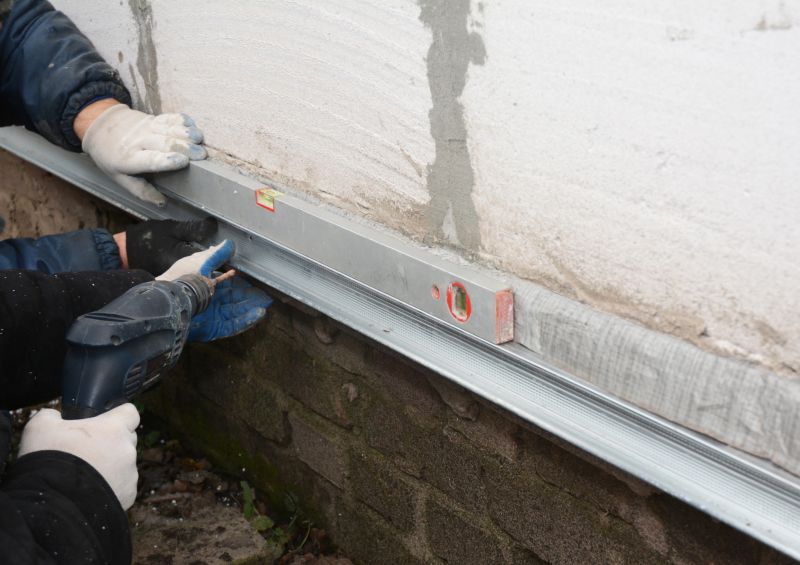
Techniques to improve soil conditions around foundations.

High-end options that actually feel worth it for Foundation Repairs.
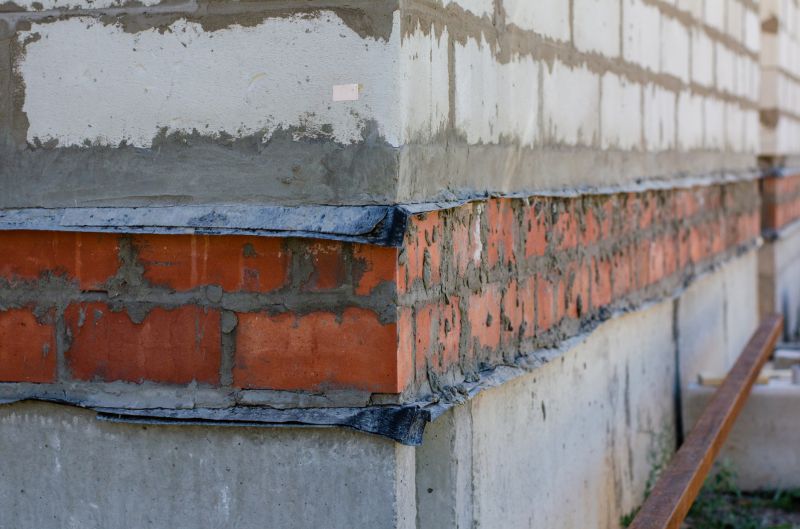
Finishes and colors that play nicely with Foundation Repairs.
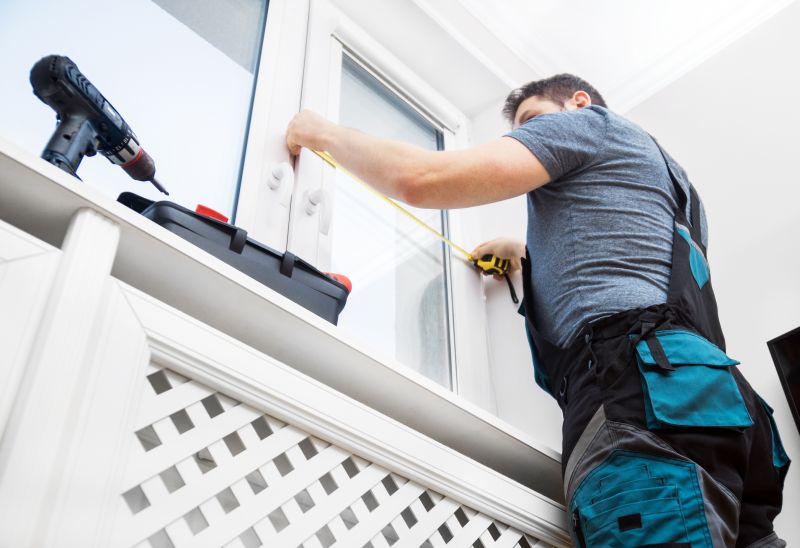
Little measurements that prevent headaches on Foundation Repairs day.
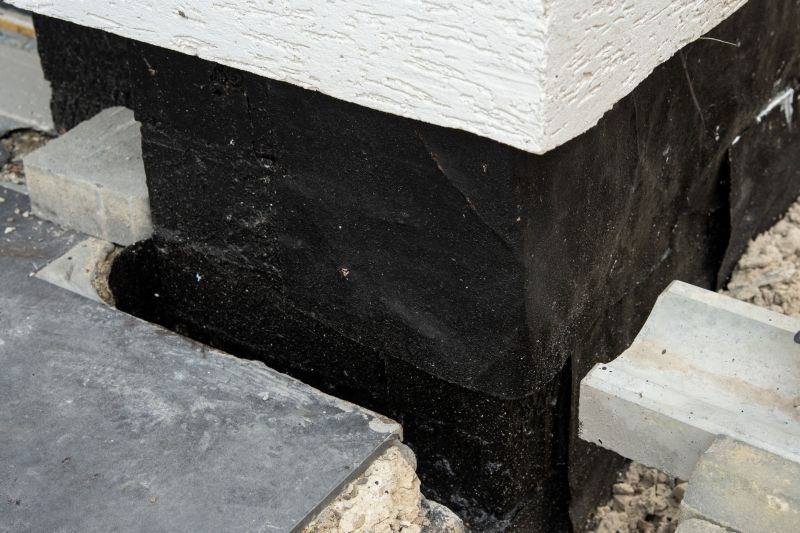
A 60-second routine that keeps Foundation Repairs looking new.
Timely foundation repairs can prevent costly structural issues and extend the lifespan of a property. Recognizing early signs such as cracks, uneven floors, or sticking doors can prompt prompt intervention. Consulting with foundation specialists can help determine the best timing based on specific site conditions and seasonal factors.
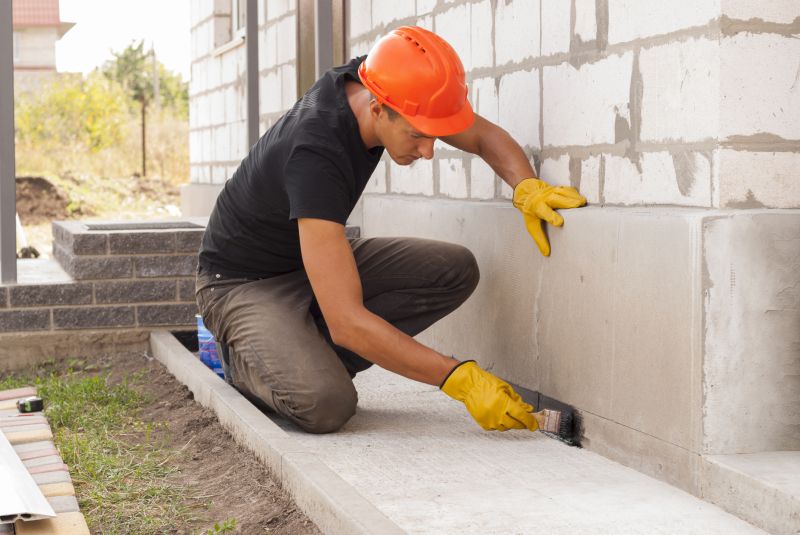
Methods for sealing and reinforcing cracks.
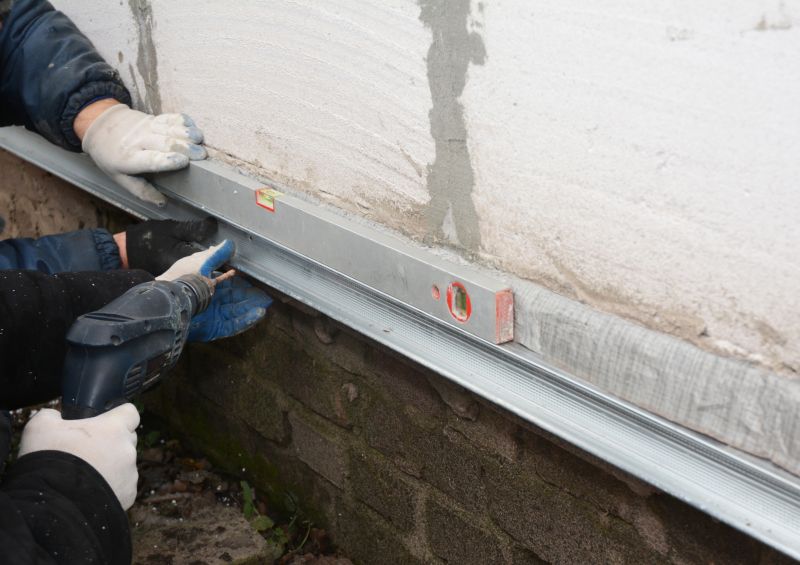
Techniques to prevent further settling.
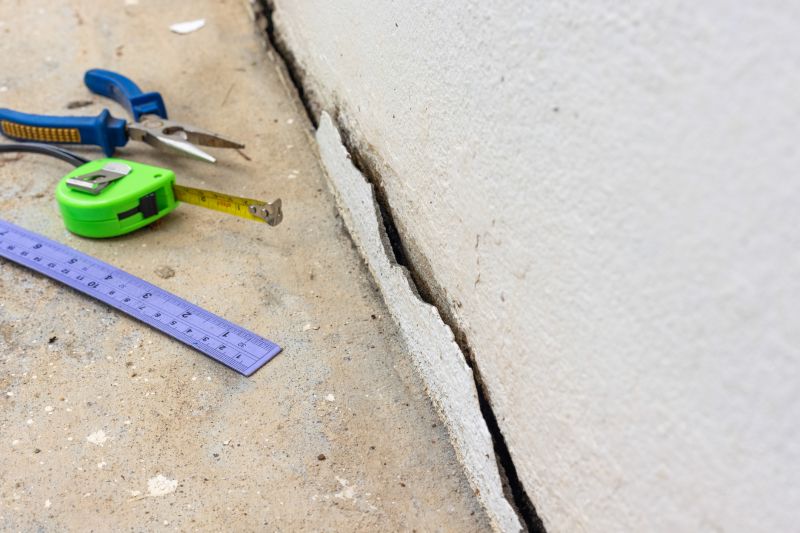
Assessing soil conditions prior to repairs.
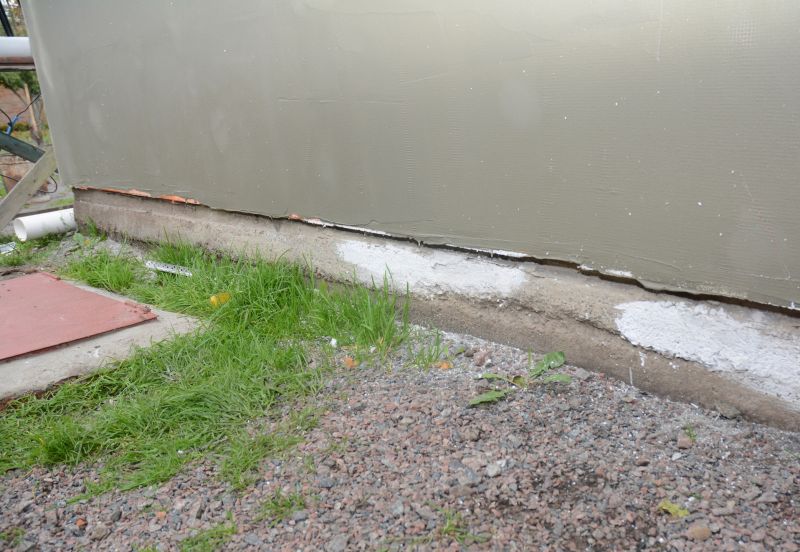
Professional evaluation of foundation health.
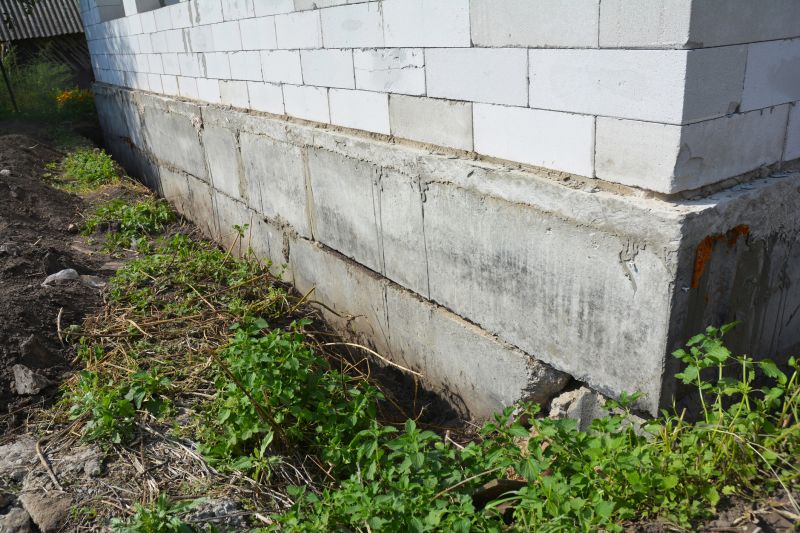
A frequent mistake in Foundation Repairs and how to dodge it.
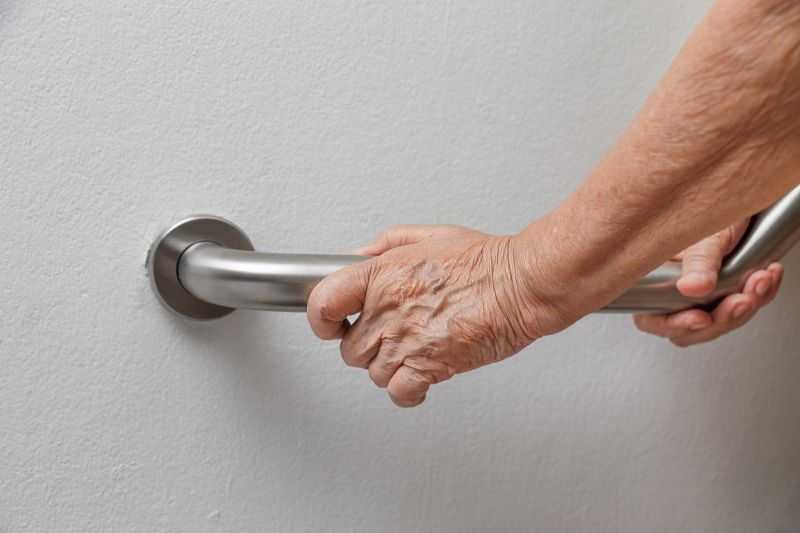
Small tweaks to make Foundation Repairs safer and easier to use.
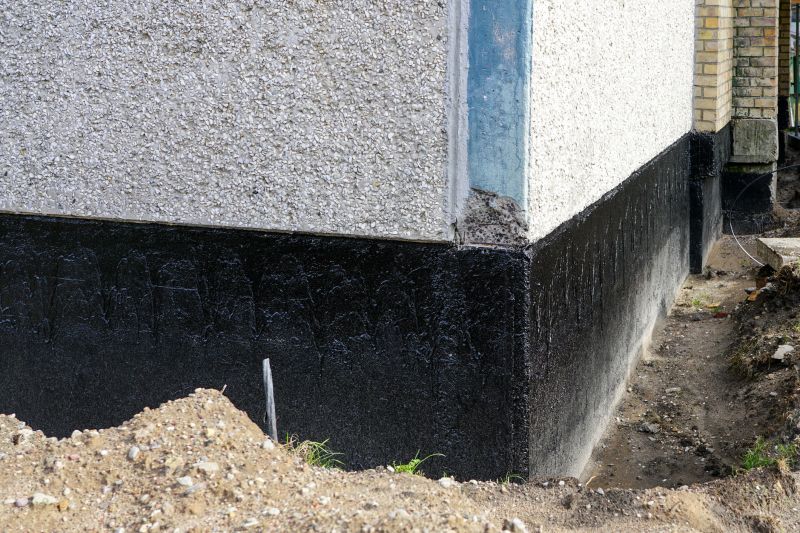
Lower-waste or water-saving choices for Foundation Repairs.
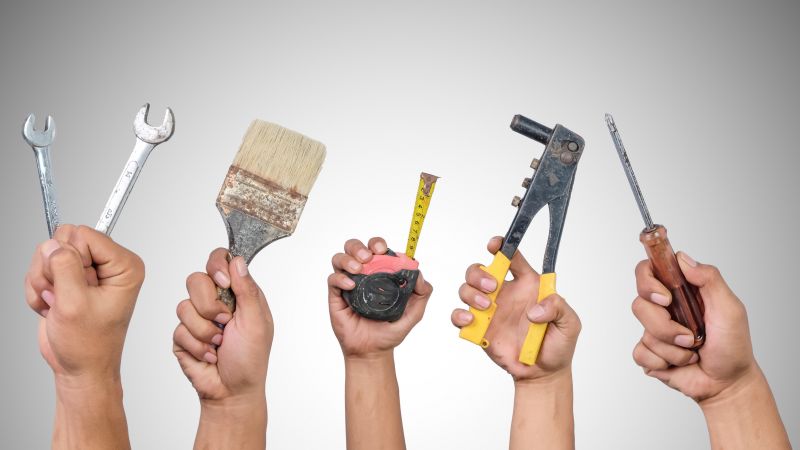
The short, realistic tool list for quality Foundation Repairs.
Interested property owners can contact professionals to evaluate foundation conditions and discuss suitable repair schedules. Proper timing and method selection are critical to ensuring long-term stability and safety of the structure.



